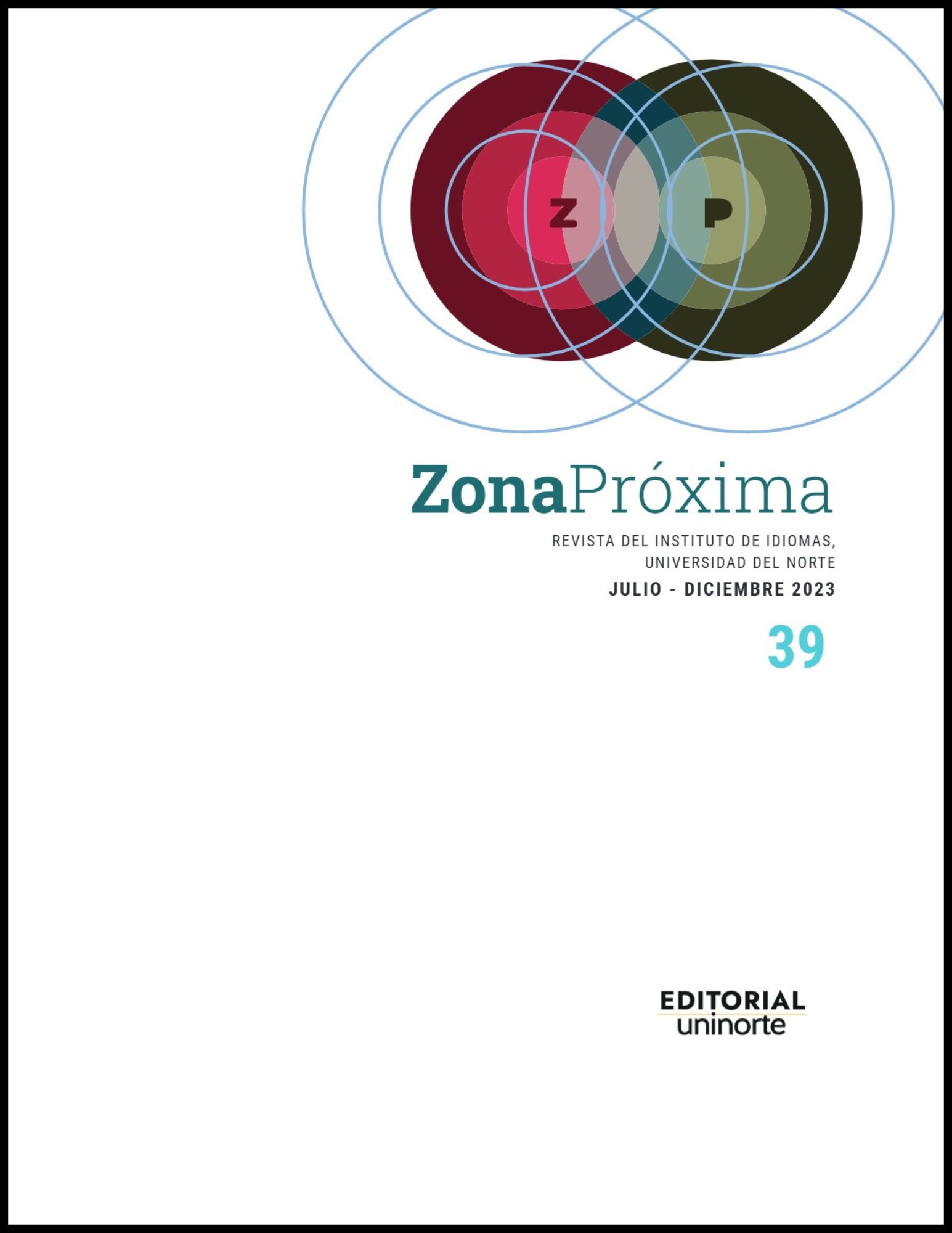Abstract
This article aims to analyze the contributions, scope and limitations in learning mathematics taking into account the problem-solving approaches of George Pólya, Alan H. Schoenfeld and Frederick Reif. First, the main ideas of these authors are synthesized in their works related to solving mathematical problems, and some metacognitive processes in students are also addressed, mainly metacognitive regulation. The foregoing is aimed at both teachers and students, develop teaching and learning processes of mathematics in a more conscious and intentional way. Among the results obtained, George Pólya proposed four stages to solve a problem; similarly, Alan H. Schoenfeld discriminated four dimensions; while Frederick Reif approaches problem solving from the context of physics through two general rules, merged into a five-phase strategy.
References
Barrantes, H, Resolución de problemas. El Trabajo de Allan Schoenfeld. Cuadernos de investigación y formación en educación matemática, 1(1), (2006)
Bolívar, C, Procesos cognitivos y metacognitivos que emplean los niños de tercer grado durante la resolución de problemas matemáticos. Barranquilla: Maestría en educación y cognición, Universidad del Norte, (2016)
Brown, A, Knowing when, where and how to remember: A problem of metacognition. Advances in Instructional Psychology, 1, (1987)
Carreño, L., Vergara, R., & Sevillano, Y., Efecto de una Estrategia Metodológica de Resolución de Problemas para el desarrollo del pensamiento aleatorio-sistema de datos y procesos metacognitivos. Barranquilla: Maestría en educación, Universidad del Norte, (2017)
Ceberio, M., Guisasola, J., & Almudí, J., ¿Cuáles son las innovaciones didácticas que propone la investigación en resolución de problemas de física y qué resultados alcanzan? Enseñanza de las ciencias, 26(3), (2008)
Desoete, A., Roeyers, H., & De Clerq, A., Can Offline Metacognition Enhance Mathematical Problem Solving. Journal of Educational Psychology, 95(1), 188–200, (2003)
De Faria, E, Creencias y matemáticas. Cuadernos de investigación y formación en educación matemática, 3(4), (2008)
De Faria, F, Control en la resolución de problemas. Cuadernos de investigación y formación en educación matemática, 1(1), (2006)
De Jesús, A, Caracterización de la Regulación Metacognitiva en la Resolución de Problemas sobre Medidas de Tendencia Central. Ciência & Educação, 26, (2020)
Duncker, K, On Problem Solving. Psychological Monographs, 58(5), (1945)
Efklides, A, The role of metacognitive experiences in the learning process. Psicothema(21), 76-82, (2009)
Garofalo, J., & Lester, F., Metacognition, Cognitive Monitoring and Mathematical Performance. Journal for Research in Mathematics Education, 16(3), 163 – 176, (1985)
Ginsburg, M., & Fantuzzo, J., An Evaluation of the Relative Effectiveness of NCTM Standards-Based Interventions for LowAchieving Urban Elementary Students. Journal of Educational Psychology, 90(3), (1998)
Hidalgo, S., Maroto, A., & Palacios, A., Una aproximación al sistema de creencias matemáticas en futuros maestros. Educación Matemática, 27(1), (2015)
May-Cen, I, Reseña Critica: Cómo plantear y resolver problemas. Entreciencias: Diálogos en la Sociedad del Conocimiento, 3(8), (2015)
Nu?n?ez, J., Solano, P., Gonza?lez-Pienda, J., & Rosa?rio, P., Evaluacio?n de los procesos de autorregulacio?n mediante autoinforme. Psicothema(18), 353-358, (2009)
Orlando, M, Razonamiento, solución de problemas matemáticos y rendimiento académico. Buenos Aires: Doctorado en Educación, Universidad de San Andrés, (2014)
Pape, S., & Smith, C., Self-Regulating Mathematics Skills. Theory Into Practice, 41(2), (2002)
Pérez, Y., & Beltrán, C. (2009). Las estrategias heurísticas en la solución de problemas matemáticos. EduSol, 9(26), (2014)
Pérez, Y., & Ramírez, R., Estrategias de enseñanza de la resolución de problemas matemáticos. Fundamentos teóricos y metodológicos. Revista de Investigación, 35(73), (2011)
Pólya, G, Cómo plantear y resolver problemas [título original: How To Solve It?]. México: Trillas, (1965)
Rocha-Silva, T, Los procesos metacognitivos en la comprensión de las prácticas de los estudiantes cuando resuelven problemas matemáticos: una perspectiva ontosemiótica. Santiago de Compostela: Departamento de didáctica das ciencias, Universidad de Santiago de Compostela, (2006)
Santos, L, Resolución de problemas; El trabajo de Alan Schoenfeld: una propuesta a considerar en el aprendizaje de las matemáticas. Educación matemática, 4(2), (1999)
Schoenfeld, A, Mathematical problem solving. Orlando, FL: Academic Press, (1985)
Schoenfeld, A., Minstrell, J., & Van Zee, E.,The detailed analysis of an established teacher carrying out a non-traditional lesson. Journal of Mathematical Behavior, 18(3), (2000)
Tamayo, O, La metacognición en los modelos para la enseñanza y el aprendizaje de las ciencias. In: Los bordes de la pedagogía: del modelo a la ruptura. Bogotá: Universidad Pedagógica Nacional, (2006)
Tzohar, M., & Kramarski, V., Metacognition, Motivation, and Emotions: Contribution of Self-Regulated Learning to Solving Mathematical Problems. Global Education Review, 1(4), 76-95, (2014)
Zimmerman, B., & Moylan, A, Self-regulation: where metacognition and motivation intersect. In: Hacker, D.J., Dunlosky, J., Graesser, A.C. (eds.) Handbook of Metacognition in Education. Routledge: NY, (2009)

